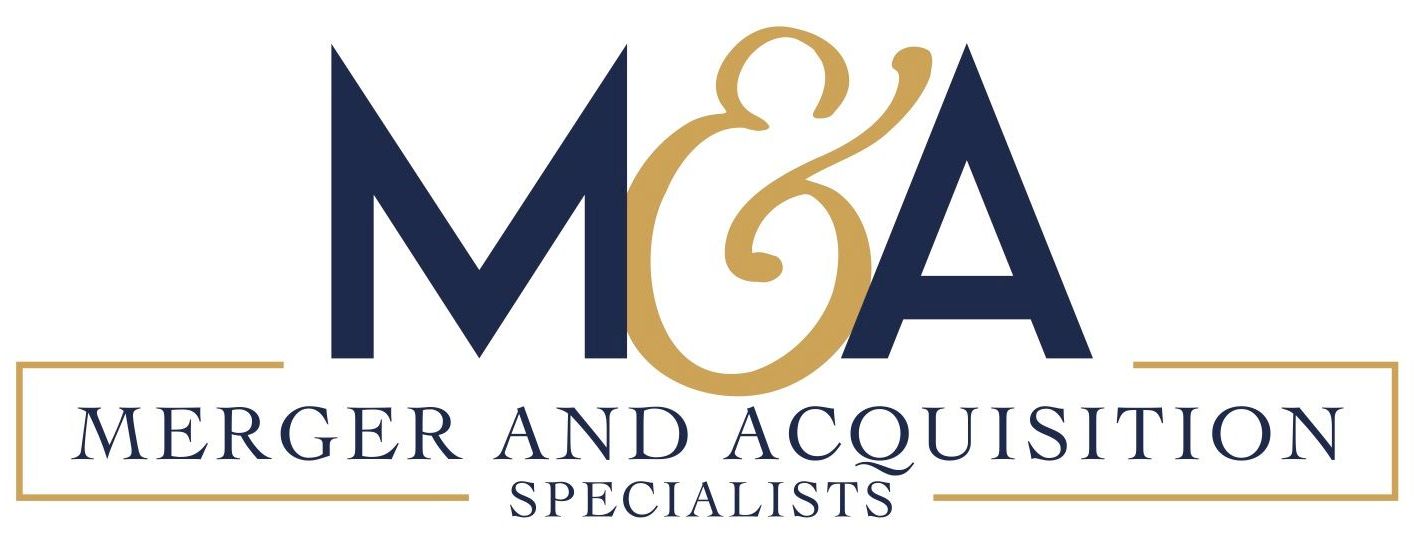What is in a Down Payment?
Down Payment to Buy a Business: How Financing Impacts the Amount of the Down Payment
One of the first questions buyers need to consider is:
Have you thought about how much cash you are willing to write a check for to use as a down payment on a business?
It might surprise you how many times that question catches people off guard. As a buyer, that needs to be one of the first things you think about. The odds of acquiring a business with $0 cash down are less than 1%. A guy once told me he went to meet with the owner of a day care center to talk about acquiring the center. He showed up to the meeting with a brown paper sack containing $5,000 cash. He left the meeting with a day care center. That’s a true story, and that’s the closest I have ever heard of anybody buying a business for $0 cash down. How much cash for a down payment a buyer needs, however, is a nuanced question.
How Tangible Assets Impact Valuation When Buying a Business
Buying a business is a unique process. Buying a house, when you get down to it, is much like buying a car. The value of the acquisition is the value of the hard asset involved. A hard asset is also called a tangible asset.
These physical asset types have an intrinsic value associated with them. The intrinsic value of these assets is oftentimes established by a market of supply and demand. What will it sell for on the open market? Equipment is a hard asset and can vary widely as to how valuable it is. A CNC machine holds significant value. Restaurant equipment is pennies on the dollar if you’re lucky. Both of those, though, are hard assets. In most situations, the value of these assets is determined using a Fair Market Value approach. The IRS defines Fair Market Value as “the price that property would sell for on the open market. It is the price that would be agreed on between a willing buyer and a willing seller, with neither being required to act, and both having reasonable knowledge of the relevant facts.”
Why does this matter when talking about the amount of a down payment? Because the down payment amount is all about the type of loan used to finance the deal. Oftentimes, the type of loan being offered is determined by the value of the company’s tangible/hard assets. The hard assets can be considered collateral for a business loan. A buyer’s cash down payment depends on the value of the business’ hard assets. A bank will only loan on a certain amount of that value. The value of those hard assets is how much money the bank thinks it can get to liquidate the business’ assets should things go south. The buyer’s cash and/or personal collateral make up the difference. This is the meaning of collateral. The bank is going to minimize their risk as much as possible, and a buyer’s cash down payment helps achieve that goal.
How Do Banks Determine Tangible and Intangible Assets to Use as Collateral?
Banks are hard asset lenders. Put another way, they will loan money only on hard assets. But those hard assets must have intrinsic, re-sale value. Real estate, machinery, heavy equipment, some types of inventories have value as collateral for a loan from a bank. However, banks will not loan money on other types of hard assets. Tables, chairs, cell phones, computers, certain fixtures – will not be considered collateral for a bank. Additionally, the bank will only loan on a percentage of the value assessed – not the full value. There will most likely be a gap in the amount of hard assets financed, and the total agreed upon asking price. The gap is often covered by the buyer’s collateral and buyer’s cash. Buyers can expect to put at least 20% - 30% cash down on a conventional business loan.
Financing Options and Their Impact on Down Payment Requirements
The value of a business is often based on intangible value. Hard assets – not counting real estate which carries its own market value – are rarely ever used in valuing a business. A business that owns its real estate has two components of value: the real estate value, and the business value. The business value includes the equipment and assets. The asking price of a business is often based on a multiple of cash flow (SDE or EBITDA), or a percentage of revenue. Any real estate being sold along with the business carries its own market value and is added to the business value. Real estate is very helpful in financing.
The business value based on a numbers approach – a multiple of cash flow or percentage of revenue – is difficult to back by anything tangible, especially when the fair market value of a business’s equipment is minimal. This would not qualify for a conventional loan. Without a conventional loan, what are other options, and what are the down payment requirements for buyers?
Here is a perfect example. We sold a solar panel installation company in 2021. The company leased a small office, thus owned no real estate. There was minimal equipment and inventory. The company sold for $825,000. Below are the vitals of the solar company.
Last Full Year Revenue = $1,680,000
Last Full Year Net Income = $275,500
Last Full Year Discretionary Earnings = $341,000
Those are all healthy numbers. The final asking price ended up being 2.4 x SDE. This is a very reasonable multiple. The deal was fair for both sides.
The hard assets that transferred with the business carried an agreed upon fair market value of $43,925. Inventory at seller cost amounted to $8,000. Total hard assets of this business equaled $51,925. The value of this business was certainly not in the hard assets. Price Allocation looked like this:
FFE = 43,925
Non-Compete = 1,000
Inventory = 8,000
Other – “Goodwill” = 772,075
Total Value = 825,000
The average buyer looks to spend the least amount of cash out-of-pocket as possible to purchase a business. Consider the $825,000 solar company scenario above. Even if a lender extended a conventional loan on this deal, the buyer would be looking at a cash down payment of at least $205,000 – 20% or more of the asking price.
SBA Loans to Acquire a Business: Reducing Risk and Down Payment Requirements
A more common scenario in my experience involves SBA loans. SBA loans come with a government guarantee. The Small Business Administration guarantees a large percentage of the loan for the lender. In other words, the bank’s risk is very low. An SBA loan also secures up to 90% of the goodwill value of a business transaction. This is the purpose of SBA loans. They do not depend on hard assets. Consequently, most small business loans are SBA loans.
Once again, consider the solar company. There were no hard assets worth collateralizing. The goodwill value was essentially the asking price. No conventional loan would cover this business. However, the SBA 7(a) loan program is designed specifically for these types of loans. For most 7(a) loan programs, SBA guarantees up to 85 percent of loans. With these types of loans, the buyer is required to come up with at least 10% of the asking price as a cash down payment. For this deal, the buyer came up with $82,500 cash as a down payment. This is significantly less than $205,000.
Bridging the Gap: Using Seller Financing to Reduce Down Payment Amount
According to the BizBuySell Insight Report, there were over 2,300 transactions in Q2 of 2023. Out of all buyers surveyed, 43% are/were seeking SBA loans, nearly half. Seventy percent were seeking some sort of owner financing – while only 22% of surveyed sellers voluntarily offered owner financing. Most deals end up consisting of both – an SBA loan with a seller note in a second position. An SBA loan can alleviate some of the seller note concerns by minimizing the amount the seller has to finance, while at the same time also minimizing the amount of cash a buyer must use.
Assume a scenario where the seller carries 10%. At closing, the seller walks away with 90% of the cash up front. That 90% is made up of the 10% cash down from the buyer plus 80% financed by the bank and guaranteed by your tax dollars. The buyer obtains the business with as little cash out of pocket as possible (10%), and the lender gets a guaranty by the federal government. The seller walks with a big lump sum at closing. Everybody wins.
Thus, 10% is what buyers should expect as a down payment on any business deal. The exact amount depends on the final asking price, but if a buyer looks at this from a percentage-based perspective, then the figure can easily be adjusted. Ten percent is an easy number to calculate, too. This gives the buyer a quick and easy method to calculate a down payment amount based on a very typical small business loan structure. Simply take 10% of whatever is the asking price and assume that number as a cash down payment amount.
There are many creative ways to negotiate a deal and reduce the amount of cash required for a down payment for buying a business. Consider working with a business broker to help negotiate the best deal. Visit the BizBuySell Broker Directory to locate a business broker that just right for your entrepreneurial goals.











Share On: